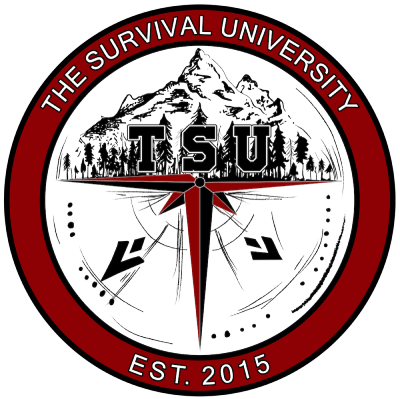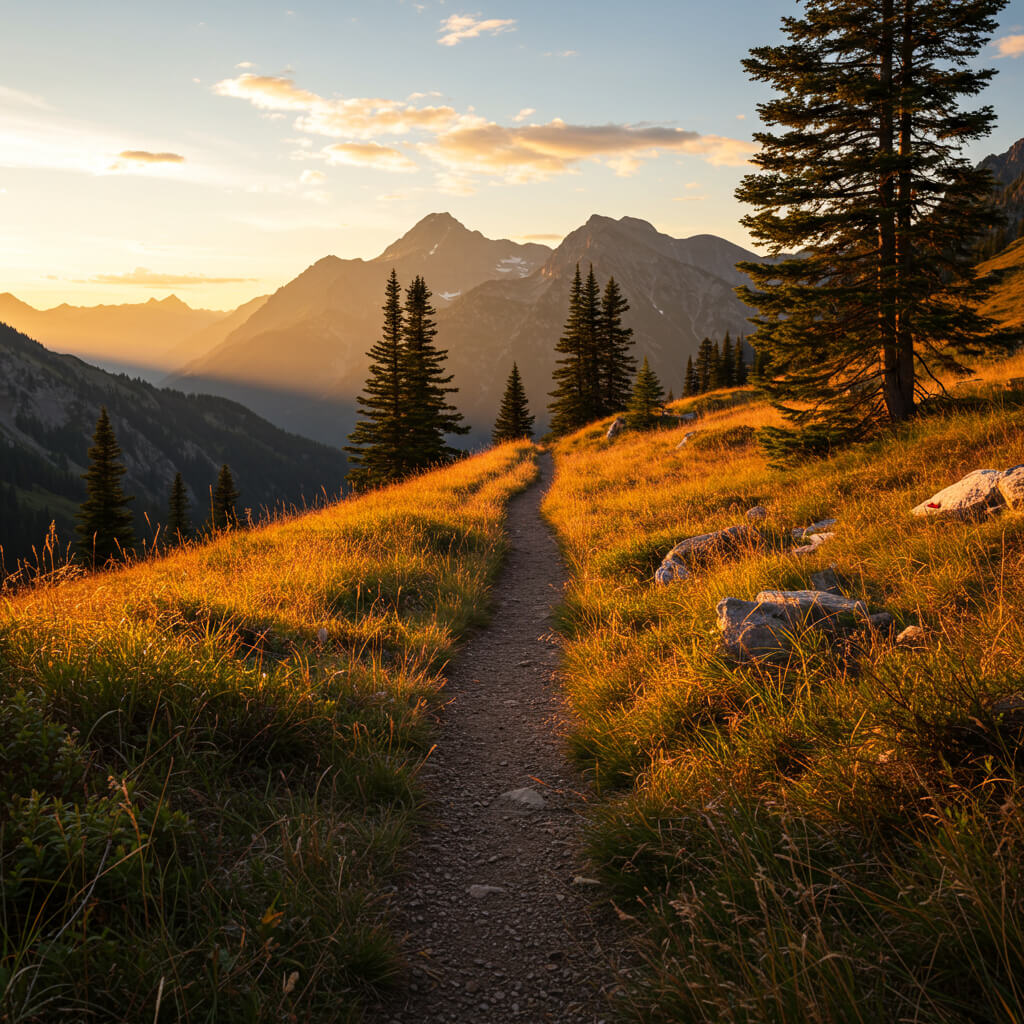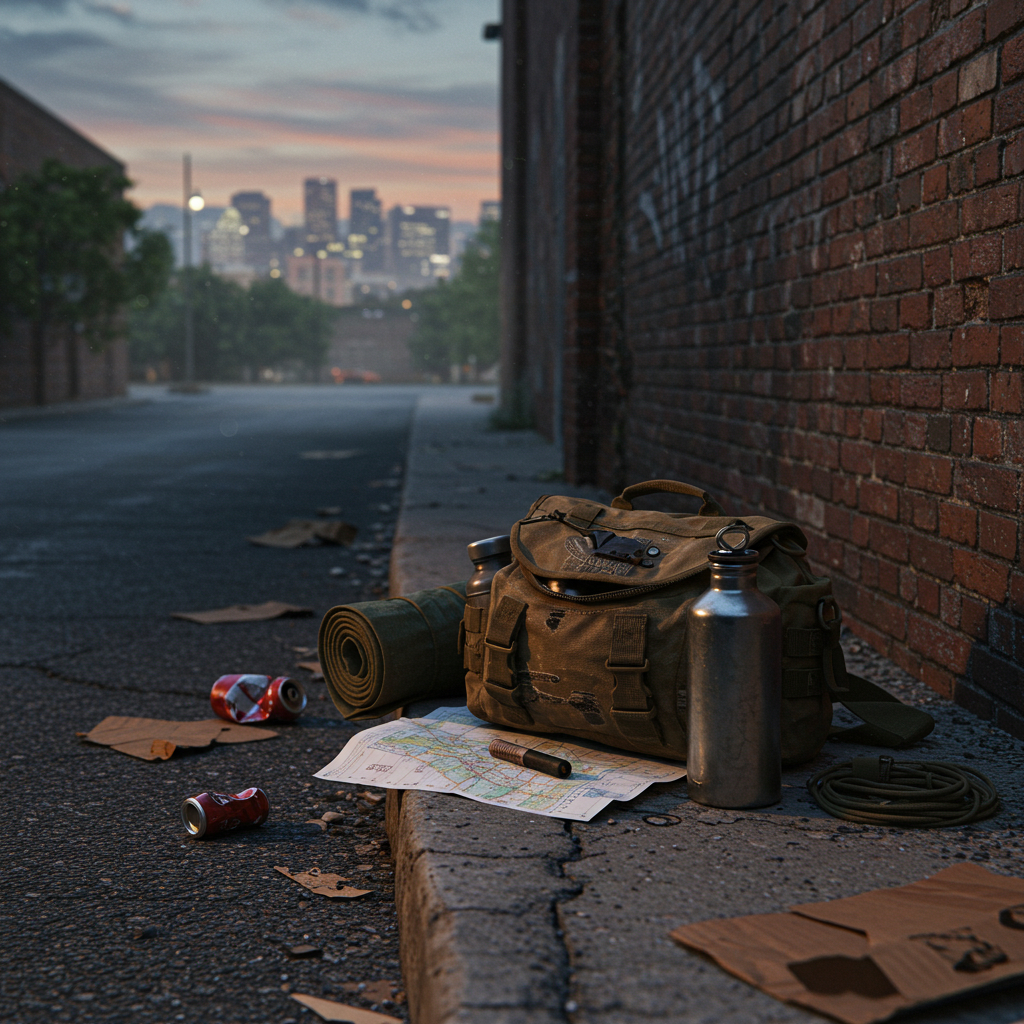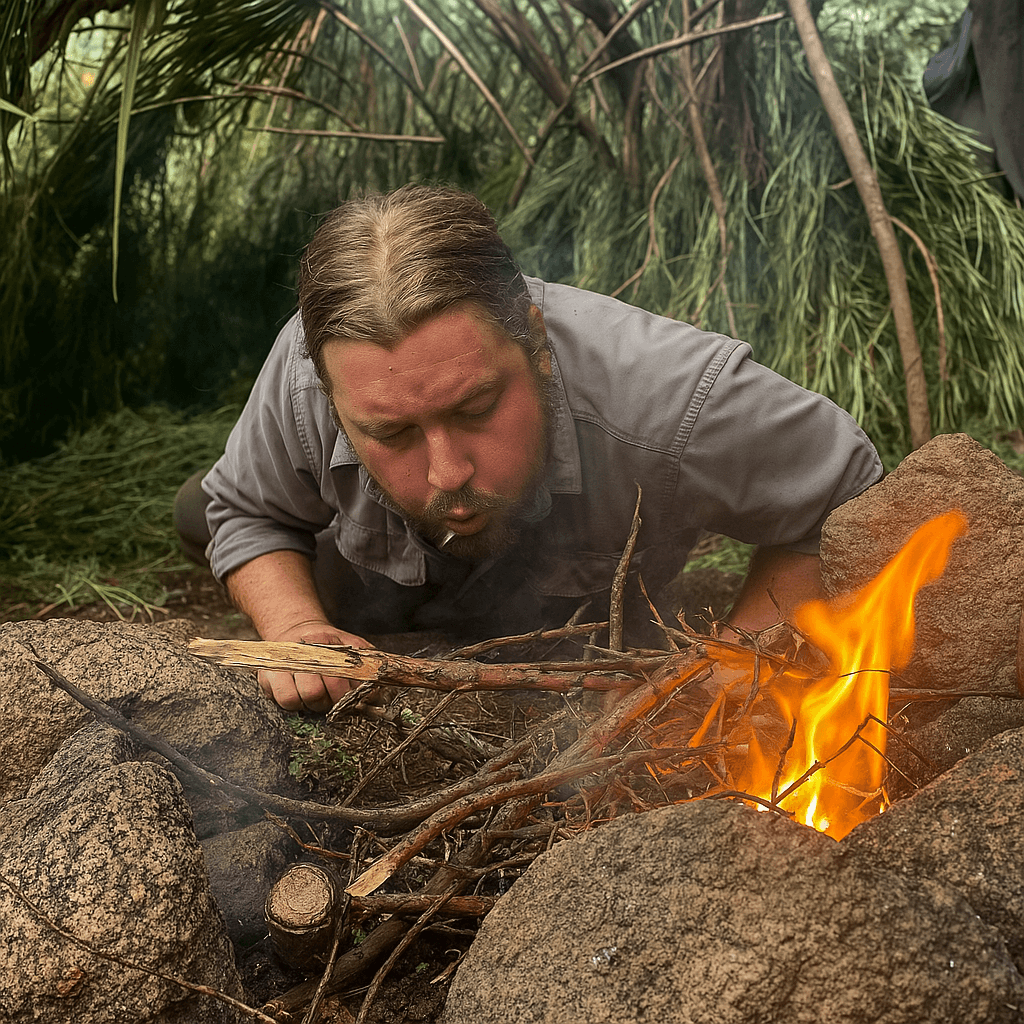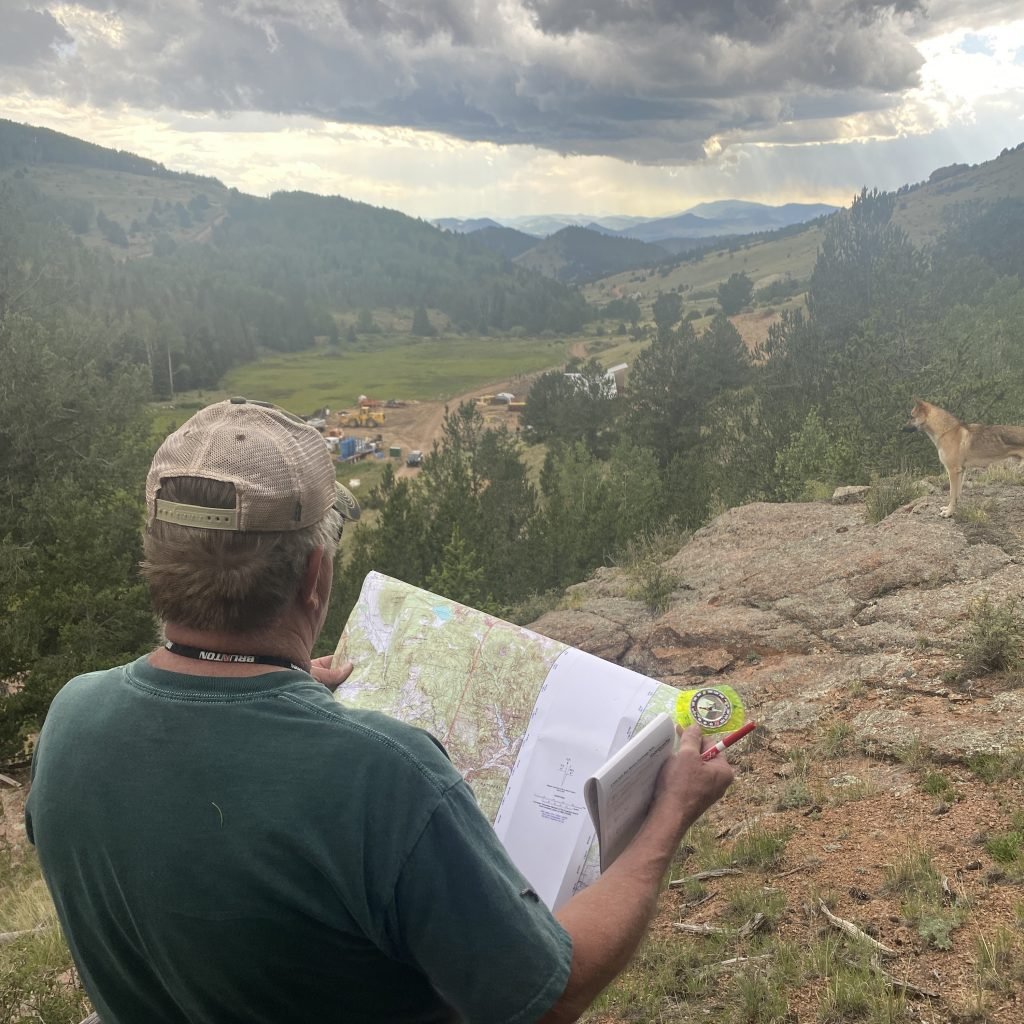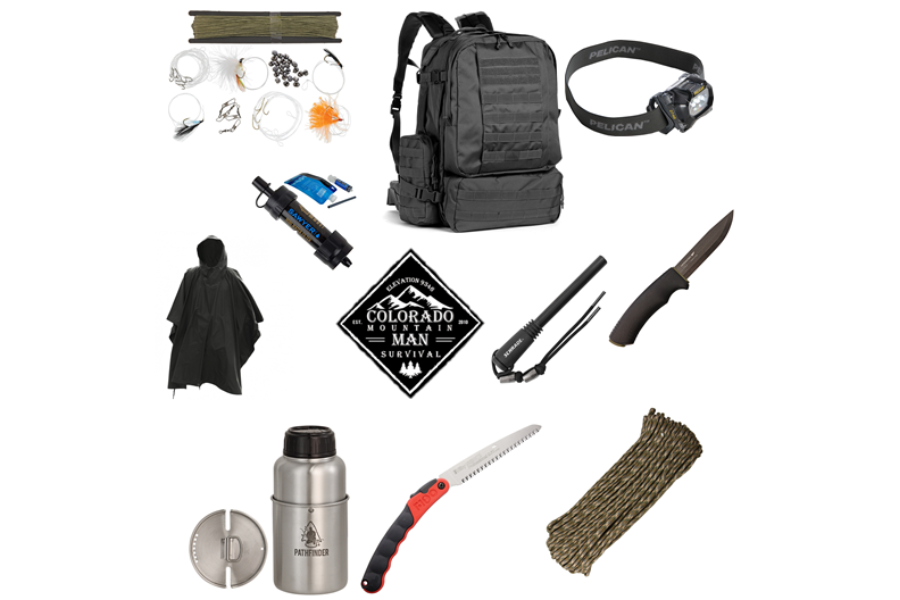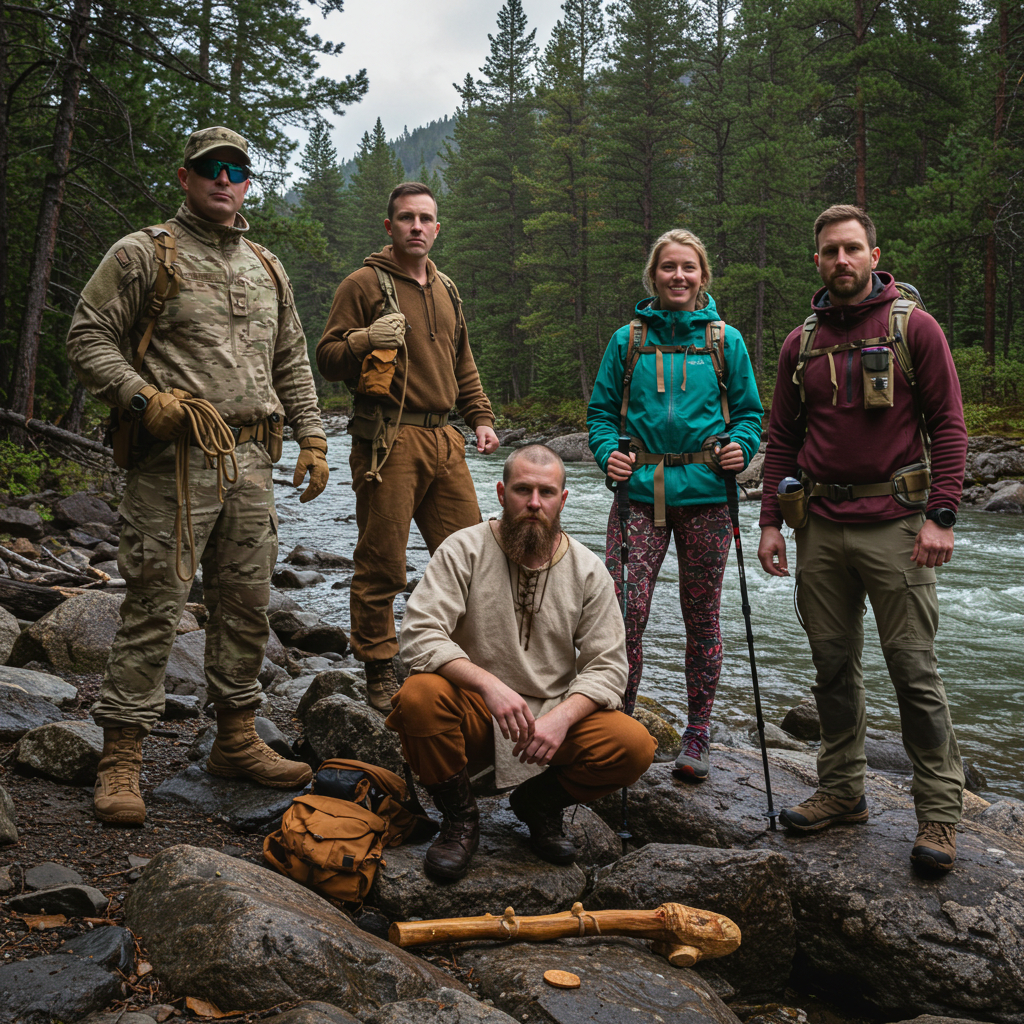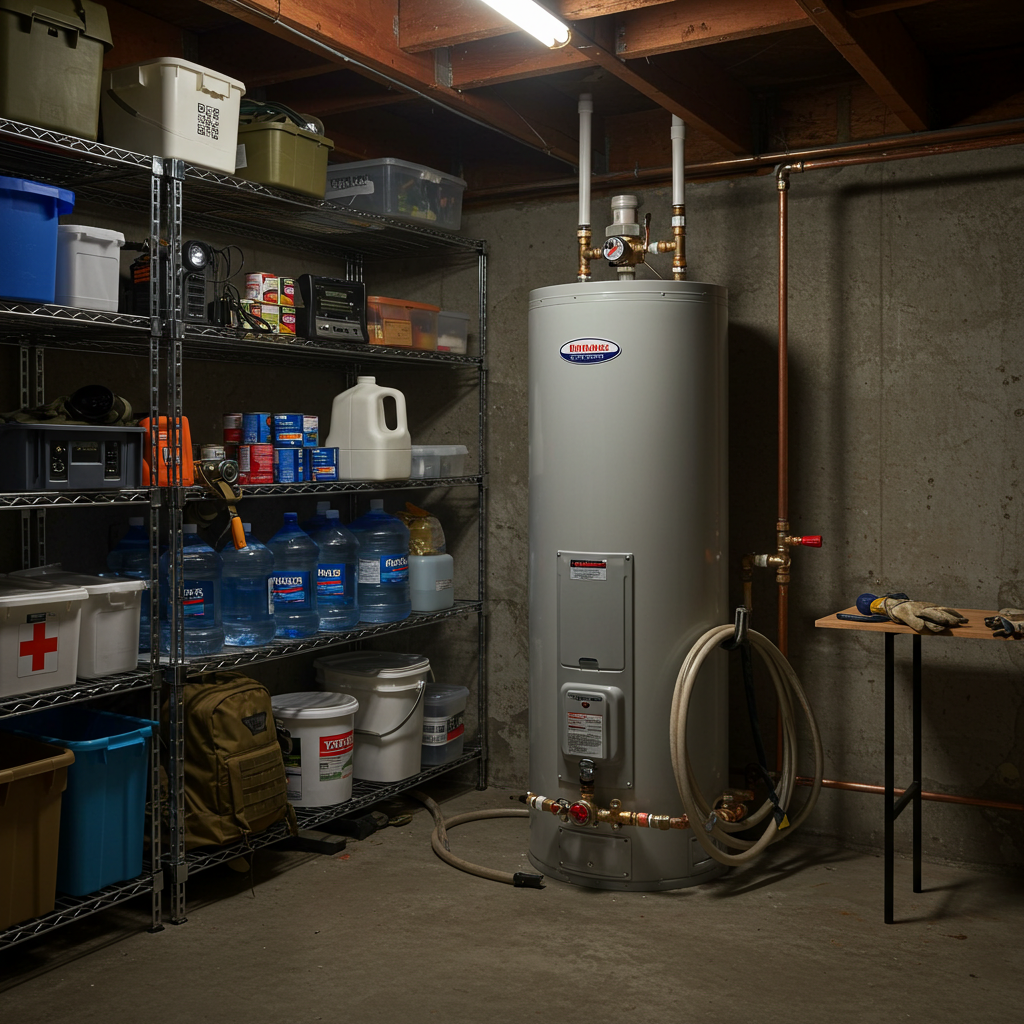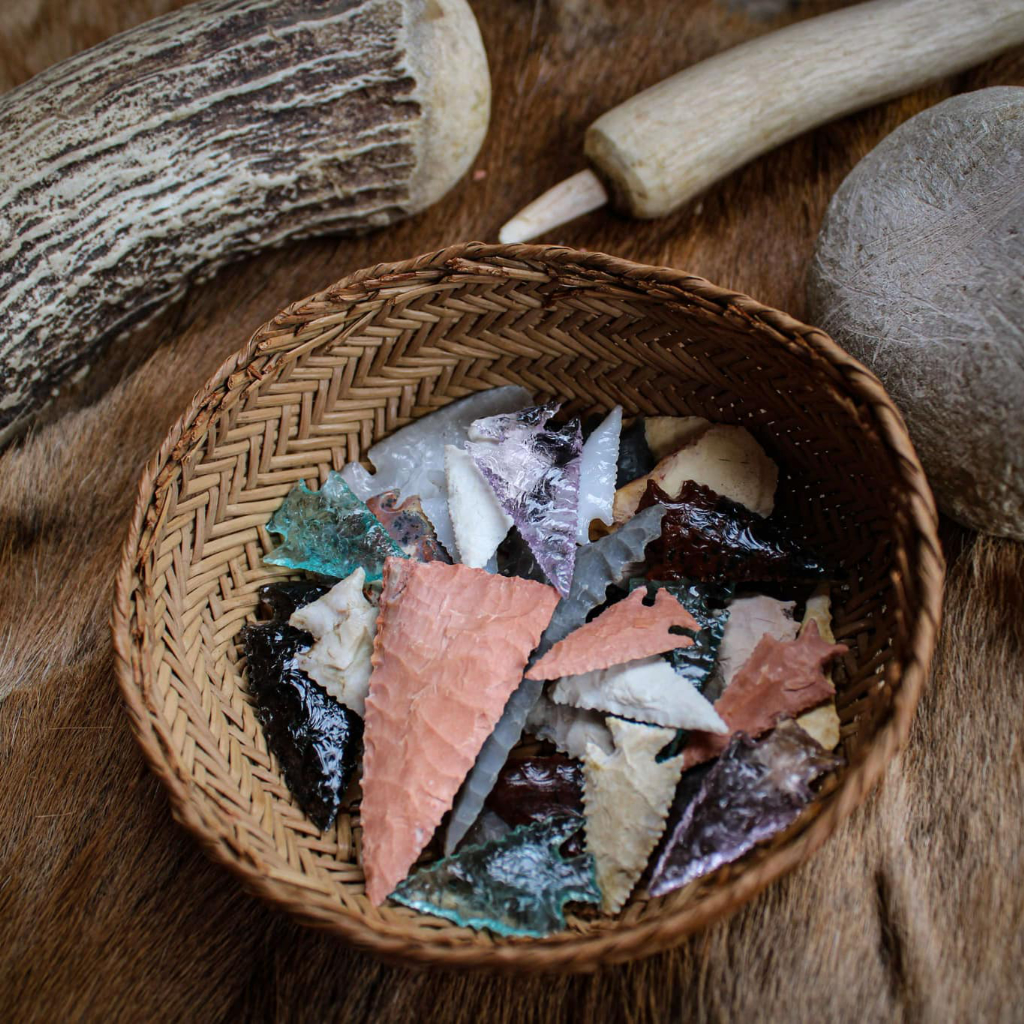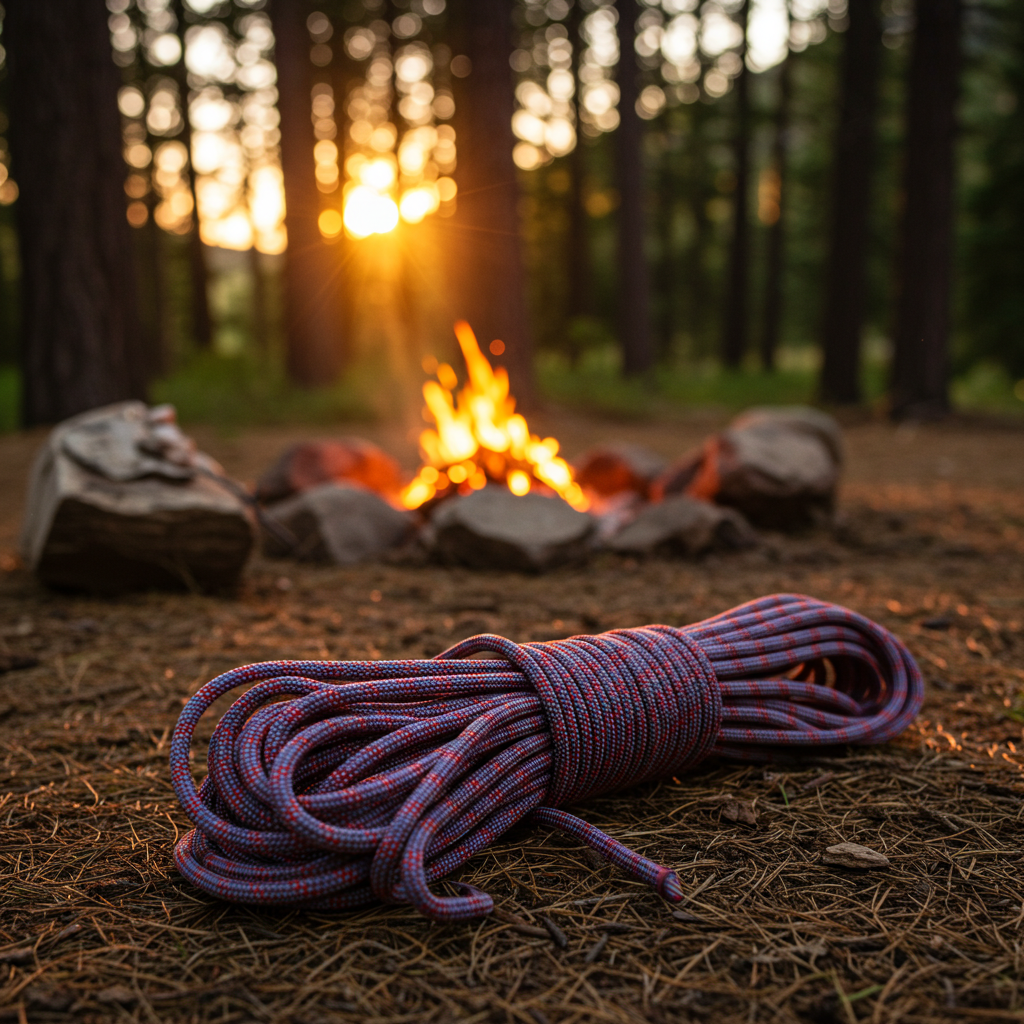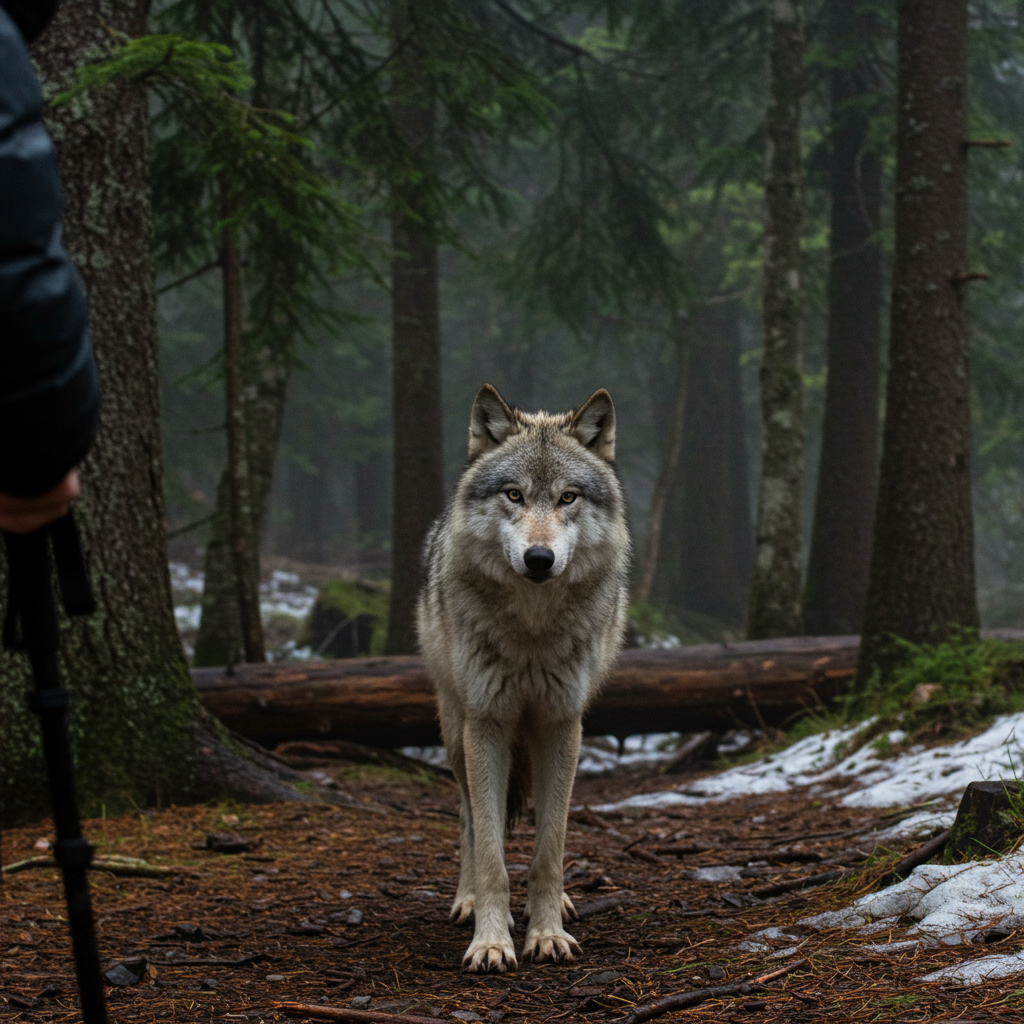Cart
15 min read
Why should I take a Wilderness First Aid or Wilderness First Responder Class?
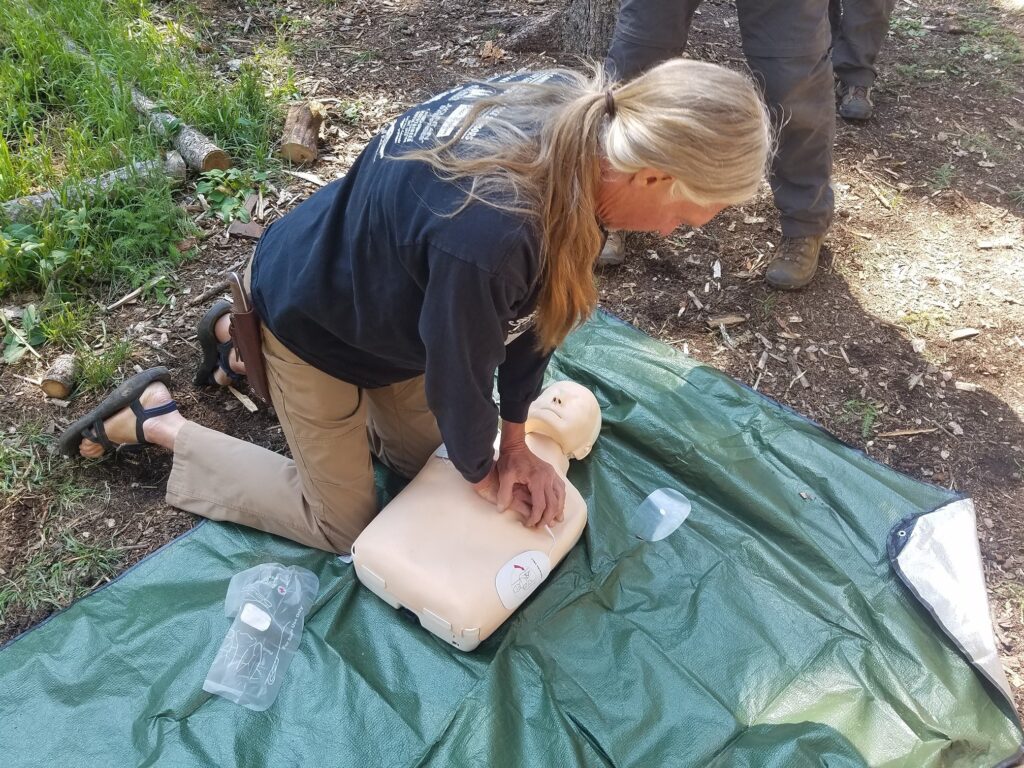
If you are here then you are most likely an “outdoorsy” person and asking yourself those very same questions. Being “outdoorsy” comes at many different levels and means something different to each individual person. You may just like to sit in your backyard or at a local park and enjoy your own small part of Mother Nature. You may be an mountaineer, climbing as many peaks over 14,000 feet as you can or you may be a hunter, fisherman, rock climber, mountain biker, snowboarder, skier, through hiker… the list goes on and on. The simple truth is that if you go anywhere in a park (even a small city park) or into the wilderness, you face inherent risks of being in nature. You may not think there is a risk, not even in the slightest, but there is whether you want to believe it or not. It doesn’t matter if you are an experienced “expert” or a cautious casual adventurer in a group of people, there are risks and they are always present. This is not to scare you, it’s just simply stating facts.
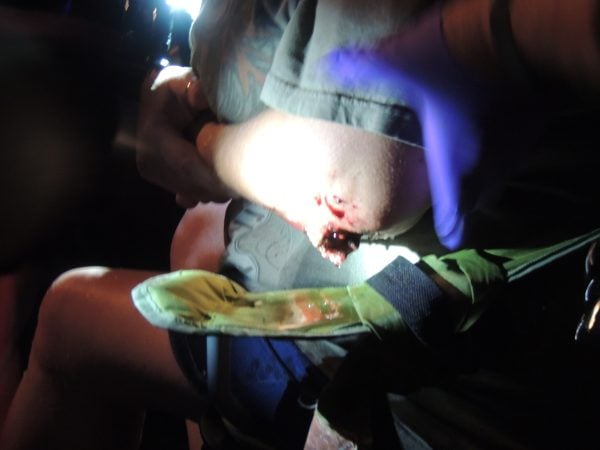
I have been pretty rugged my entire life. Well, I should not say that because for a good portion of my life, I held a corporate America job where I threw on slacks, nice shiny shoes, combed my hair, trimmed my beard and had to dress business casual. Yuck! I know!!! I had to be presentable for the masses of supervisors, managers, executive managers, customers and clients that buzzed around me on a daily bases. But come weekend, any chance I got, those shiny shoes were replaced with rugged boots, my pen replaced with a walking stick and my computer happily replaced with a backpack full of gear.
I’ve spent many a day in the backcountry with no one around but the spying eyes of people in an airplane thousands of feet overhead. I have had encounters with black bear, mountain lions, deer, elk, rattle snakes, really angry squirrels, nasty biting flies and everything in between. When you stand toe to toe with a pissed off raccoon or skunk or have a minor slip down a small rock outcropping, or a large tree branch comes crashing down beside you, for no apparent reason, you begin to realize how treacherous the outdoors can be. I have had more than my fair share of close calls and after looking back, I am quite frankly surprised that I am sitting here writing this article. In my younger years, I never considered that I might need some form of wilderness first aid training, even after a slew of random bullets zipped by me while hiking. No I wasn’t being intentionally shot at but I had unknowingly stumbled behind someone remote shooting range. I learned many basic first aid skills from my father and mother who were both in the military, but never did I receive official training. I foolishly believed that nothing really bad was ever going to happen to me or to anybody with me. I was just enjoying the day, enjoying being outside away from the hustle and bustle of that thing we call life… what could possibly go wrong?
Until about 5 years ago, I felt that what I knew, as far as first aid, was good enough and that official courses were for the professionals. If I wasn’t part of Search and Rescue or wasn’t an EMT, why on earth would I need it? I knew how to stop a minor bleed or booboo and that’s all I had ever experienced in the past, so why would I need to know more? Learning more was for those whose profession was to save lives or fix broken people. If something happened to me out there, I would just go see those people after quickly and easily patching myself up…right?

But then I became responsible for other people and my whole outlook on this changed. There are so many variables that changed. So many things that could go wrong and the more I studied and researched, the more I realized that having first aid training was essential. Not just for my profession but for everyday life and everyday adventures. First I employed a paramedic to be out there with me on excursions so that I would have that extremely proficient first responder right by my side but then I quickly realized that I needed to know these skills or vastly improve upon the ones I already somewhat knew, for many different reasons. When I first started out, I didn’t know what I didn’t know but after hanging out with a paramedic, I saw firsthand what I was completely ignorant about. Sure, I had a huge amount of knowledge and experience in other “outdoorsy” things but when it came right down to it, I didn’t know a lick about saving a life in a critical medical emergency situation. It was time to change that, so I did.
So after much experience with being out in the backcountry, with teaching others a vast amount of wilderness survival skills, with taking people out on adventures into the back country, and with myself becoming Wilderness First Responder certified, here are just a few reasons why I believe everyone needs to have wilderness first aid or wilderness first responder training.
1) Bad things can and do happen.

They happen all the time. All you have to do is go out onto the internet and search for a few key words and you will be flooded with articles about injuries and deaths in the outdoors. This doesn’t even mention the slew of “minor” injuries where people have suffered greatly but were able to make it back to the ER to fix whatever they cut off, ripped off or broke. More times than not, you will not read about someone that suffered excruciating pain but made it back alive. All of these people simply went out into the wilderness expecting to have a great day and many forgot that they were going into the wild. If you play in the wild long enough, eventually it’s going to get the better of you and you are going to want to be able to fix yourself or the person you love that is now lying on the ground next to you. But bad things don’t just happen to people that spend a large portion of their life in the wild, they happen to first time adventurers and they happen to people that just go out to mow their lawn.
2) Pocket Paramedics don’t exist!
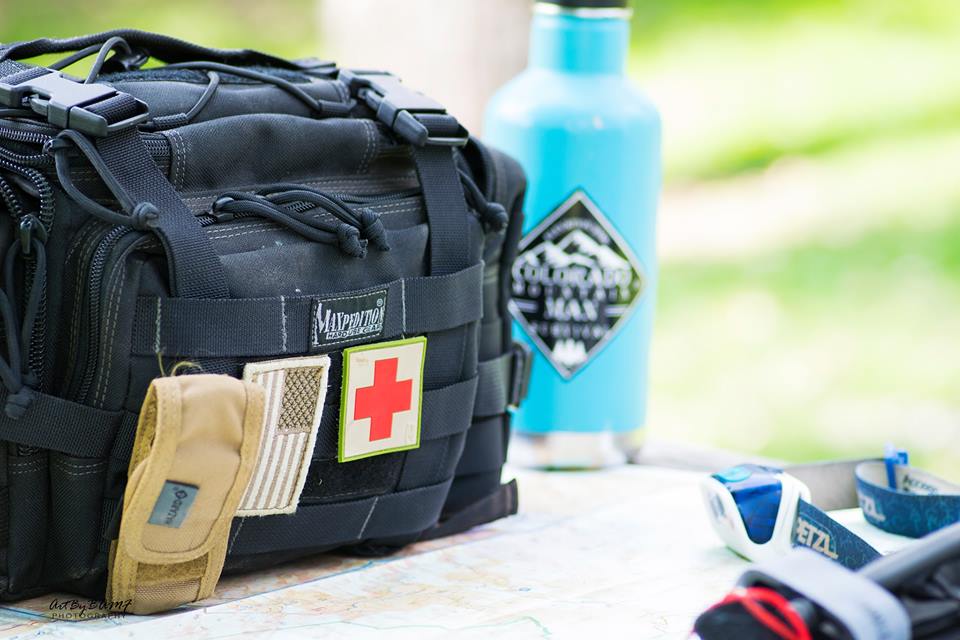
We don’t all have a paramedic or EMT to go traipsing off into the woods with us. And the one that I did have wasn’t always available when I needed him to go with me. With your own training, you can immediately administer first aid to yourself or to someone that went down beside you or that you stumbled upon while hiking down a trail. This doesn’t just apply when in the rugged wild though. A wilderness first aid
course will teach you how to stop any bleed, not just one caused by a bear. You will have the ability to administer CPR or stabilize any injury, even at the grocery store or in your own back yard, even in your own kitchen. Help in the form of an ambulance isn’t always right there and a severely injured person may only have minutes to live, but with your training, you may be able to save their life, or your own, or completely eliminate the need for a professional rescue team. Imagine how you would feel if you were able to save a life! Pretty awesome right!?! Now imagine how you would feel if you couldn’t save a life for a person that was savable if only someone had known a few basic first aid skills. Not so awesome!
3) Emergency services are not minutes away when you are in the woods.
Even a day hike on a nearby trail; where you are no more than a mile in, can turn into a painstakingly long event should you become severely injured. Even a sprained ankle could cause you to have to spend the night in the forest. If you intend to get rescued, first someone has to find you to know to call for help or you have to get to a place

where you can make a phone call, before an ambulance is even dispatched. Second, the rescue team has to get to your location. There are no street signs in the woods and no numbers on trees or rocks to tell them exactly where you are at so finding you isn’t always easy. Even if you can easily make a call on a cell phone, a helicopter isn’t just going to land next to you and whisk you away to safety. It literally could take hours, upon hours, for a rescue team to even find you and unless you are up on remote mountain and they know exactly where you are at, chances are they will always send a ground team to find you before a helicopter actually lands. If a helicopter even comes at all, because it really is a rare thing to happen. Once they find you and stabilize you, then they have to devise a plan on how to get you out. It might have only taken you 30 minutes to climb over that boulder field on your own two feet but now you have a team of people carrying you, a stretcher, and a large amount of gear, over treacherous terrain. That 30 minute hike could take a day or longer to get you to the head of the trail. If you experienced a severe enough injury, every minute is precious. With the proper wilderness first aid training, you extend the time the rescue team has to find you or your loved ones alive.
4) Just because you read it on the internet (or even a book), doesn’t make it true.
There are many medical myths out there that do not work. There are also many older medical practices that have been found to be a detriment to the patient. A prime example is snake bites. For many years I carried a snake bit kit in my backpack and believed that because a kit existed that it was the proper tool to use. After taking my first Wilderness First Responder (WFR) class I learned that these kits are no longer used and highly ineffective. For years I thought it was a good idea to have a suture kit in my pack so that I could sew myself up in the backcountry. I mean, Rambo did it, so why cant I? The WFR class taught me that by doing so I am actually creating more injuries and more risk of an infection. These techniques cause more harm than good. There are many other first aid misconceptions out there that are still commonly practiced. Knowing when to do something and how to do it right is key to prevent you from doing more harm than good.
5) Taking a Wilderness First Responder class can help you become more aware of your surroundings.
With our WFR class, we cover avalanche safety and awareness, as well as many other environmental risks such as lightning storms. Many people that do get injured in the wild are completely unaware of the dangers surrounding them. Taking a quality WFR class will help you identify risks so that you can avoid them. Not every risk can be avoided but being able to recognize a sequence of events that tend to cause injuries, can keep you out of harms way.
6) Having first aid training can be a tremendous confidence boost.
Many of us got hurt because we were a novice at whatever outdoor hobby we were practicing in and gained the knowledge that we should not “do that” again through direct suffering. We may have learned through that painful experience, how to take

preventative measure to make whatever we were doing, a little less risky. We may have relied on others to keep us safe or at least to take care of us should we get hurt. With Wilderness First Responder training, you take that other person out of the equation. During our training, we put students through many hands on scenarios or ask a large amount of questions about hypothetical emergency situations. This allows you to gain hands on experience or at least think about how you would react to an emergency and if your initial reaction was not the right thing to do, you learn what is. Knowledge is power!
7) No matter how much you know there is always room to learn more.
Many of us are experts in our field of practice or highly experienced in whatever outdoor hobby we partake but there is always something we can get better at. Why just be a through hiker when you can be a through hiker with a Wilderness First Responder certification? And more importantly, we don’t know what we don’t know. If you do not have the proper first aid training, you are completely ignorant to what could happen and how to fix it should it happen.

8) Many outdoor professions require it.
Professions such as being a hiking guide, rafting guide, camp counselor, having a Wilderness First Responder certification is required. Has it always been your dream to work in one of these professions? Why not take the first step to make it happen?
9) You will know what the proper gear needed.
You will know the best or most important lifesaving items to pack in your backpack and more importantly you will know how to use them. More importantly still, with Wilderness First Aid or Wilderness First Responder training, you will know what to do should you not have those items in your kit. You will learn how to improvise!
The truth of the matter is that wilderness first aid skills are valuable to everyone, even if you do not set foot in the wild. You can use these skills anywhere at any time. While typical first aid classes may teach you how to use a medical kit, wilderness first aid teaches you that medical kit but it also teaches you to improvise. You do not have to be into extreme sports or be in an outdoor profession for it to be useful for you. However, if you are, then it is essential. You may have not needed it up to this point but eventually it is going to catch up to you. Take charge of your safety and your life before you need it because this is one of those skills that when you need it and don’t have it, it could be the end.
Today, while I do not personally teach Wilderness First Aid or Wilderness First Responder, I actively participate with the instruction of first aid classes that are taught at my survival school location. I am so adamant that wilderness first aid is such an important skill for everyone to learn that I searched the United States to find one of the best instructors in the field and did not just settle for the closest person in my back yard that happens to teach this skill. I did not settle for a big outdoor leadership chain with some instructors that do not have a solid medical background. Many training programs out there have Wilderness First Responders teaching Wilderness First Responders. This might sound acceptable at first glance but after much research I decided it was not good enough for my business. I even took some of these classes that had instructors that hypothetically knew what to do but never really experienced the situation. When asked a question they gave me an answer out of a book. They were experts in the field of their outdoor profession and just happened to teach first aid. They were not experts in the field of saving live. Not wanting to settle, I found an active Paramedic with 22+ plus years of real world medical experience that happens to be outdoorsy, but also teaches CPR, Wilderness First, Wilderness First Responder, and Wilderness Medic classes. While my instructor also will give you an answer out of a book, he also will give you his own personal real world experience as to back up his answer and then may be able to give you alternative treatment methods when the first does not work. There is a difference and because of that, he is one of the best in the business and why I chose him to teach for me.
So are you ready to learn a valuable skill or practice or refresh ones that you already know? Sign up for our CPR, Wilderness First Aid or Wilderness First Responder classes now!
Leave a Comment
What Nash Quinn’s Disappearance Teaches Us About Being Ready for the Backcountry
Nash Quinn vanished on a routine ride near Laramie. His story is a powerful reminder of why preparation, communication, and humility in the outdoors matter...
Recommended Gear List For Courses
Colorado is a cold weather climate most of the year and with our survival school at 9400 feet, it can get frigid at night, even…
Survival Training Near Me: Why the Best Might Be Worth the Trip
Discover why the best survival training might mean leaving the city. Explore The Survival University’s 4000+ acres and 20+ expert instructors!
Bugging In Guide Part 1: Drain Your Water Heater
Learn how to access hidden water in your home by safely draining your water heater during emergencies. A must-read for urban survival and bugging in.
Flint Knapping for Beginners: My Hilarious Failures & How to Do It Right
Flint knapping sounds easy—until you try it. Here’s my journey of frustration, flying shards, and why some people (but not me) make it look effortless.
What to Do When You Encounter a Wolf in the Wild
Wolves are neither villains nor heroes—they’re survivors. Explore their role in nature, the myths that surround them, and what we can learn from their resilience.
